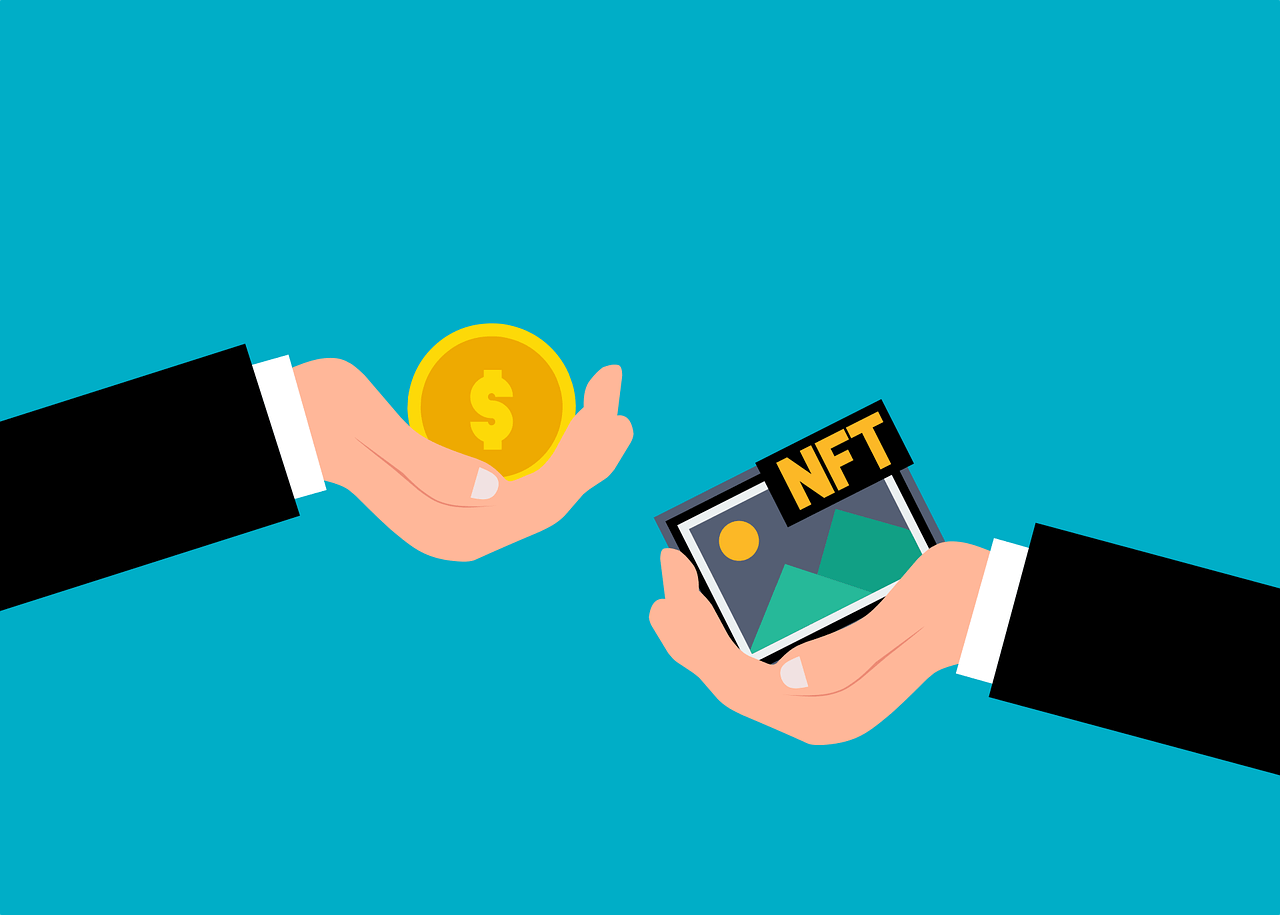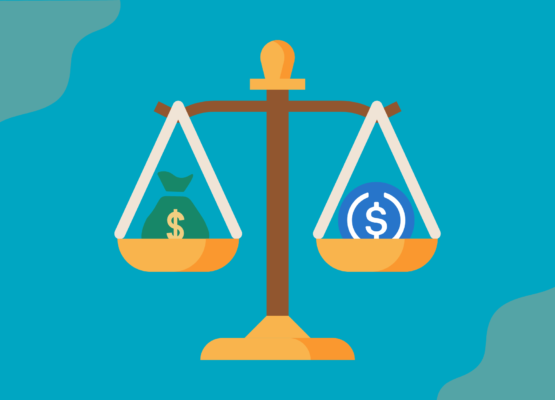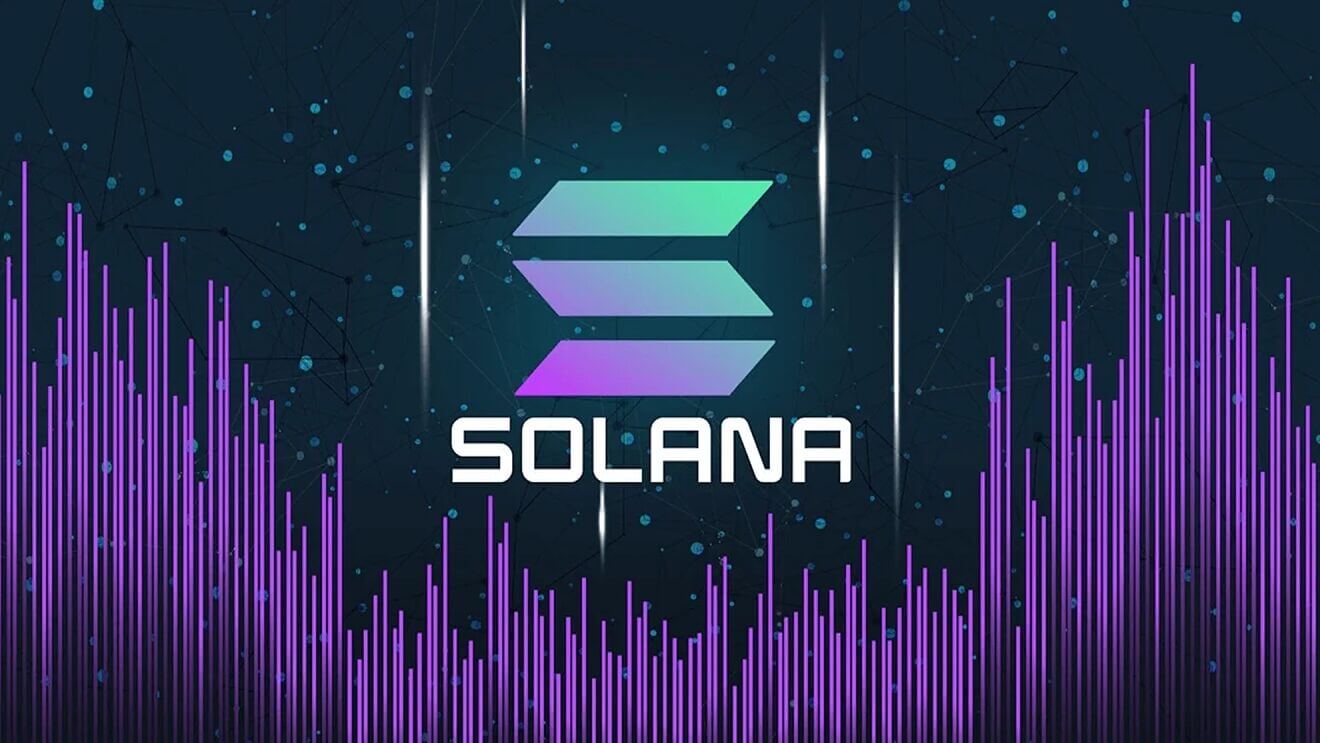What is Blockchain-as-a-Service (BaaS)?
BaaS providers typically handle the maintenance and management of the blockchain infrastructure, including software updates, security, and scalability, while users can focus on building and deploying blockchain applications for their specific needs. BaaS can be used for a wide range of applications, from supply chain management to digital identity verification, and it can help businesses streamline processes, reduce costs, and improve security.
BaaS is particularly useful for businesses that lack the resources or expertise to develop and maintain their own blockchain infrastructure, as it allows them to leverage the benefits of blockchain technology without the upfront investment and ongoing maintenance costs. BaaS also offers flexibility, allowing businesses to scale their blockchain projects up or down as needed, and to experiment with different blockchain platforms and tools without committing to a particular technology.
Benefits of using Blockchain-as-a-Service (BaaS) for your business
- Cost Savings: BaaS eliminates the need for businesses to invest in costly hardware and infrastructure to build and maintain their own blockchain networks. Instead, they can simply subscribe to a BaaS provider’s services and pay for what they use.
- Time Savings: Setting up and managing a blockchain network can be time-consuming and requires technical expertise. BaaS providers can take care of the maintenance and management of the blockchain infrastructure, freeing up time and resources for businesses to focus on developing and deploying blockchain applications.
- Scalability: BaaS providers offer scalable infrastructure that can easily grow and adapt to the changing needs of a business. Businesses can start small and scale their blockchain projects as needed, without having to worry about infrastructure constraints.
- Flexibility: BaaS providers offer a variety of blockchain platforms and tools, allowing businesses to experiment with different technologies and choose the one that best fits their needs. Businesses can also customize their blockchain applications and integrate them with existing systems and processes.
- Security: Blockchain technology is known for its strong security features, and BaaS providers typically offer additional security measures such as encryption, multi-factor authentication, and backup and recovery solutions.
- Reduced Risk: With BaaS, businesses can reduce the risk associated with developing and deploying blockchain applications, as they can rely on the expertise and experience of the BaaS provider to ensure the reliability and security of the blockchain infrastructure.
How to choose the best Blockchain-as-a-Service (BaaS) provider
- Reputation and experience: Look for a reputable BaaS provider with a track record of successful deployments and satisfied customers. Consider how long the provider has been in business and what kind of support and services they offer.
- Platform options: Consider the different blockchain platforms offered by the BaaS provider, such as Ethereum, Hyperledger, or Corda, and choose the one that best fits your business needs.
- Security features: Look for a BaaS provider that offers robust security measures, such as encryption, multi-factor authentication, and secure data storage. Check their compliance with industry standards and regulations.
- Integration capabilities: Consider how easily the BaaS platform can integrate with your existing systems and processes. Look for a provider that offers APIs and SDKs that allow for easy integration.
- Scalability: Consider the BaaS provider’s ability to scale their infrastructure to meet your growing business needs. Look for a provider that offers flexible pricing plans and resources that can grow with your business.
- Support and services: Consider the level of support and services offered by the BaaS provider, including technical support, training, and consulting services. Look for a provider that offers ongoing support and is responsive to your needs.
- Cost: Consider the cost of the BaaS provider’s services, including any setup fees, ongoing subscription costs, and usage-based pricing. Compare pricing across different providers and choose the one that offers the best value for your business.
Successful businesses using Blockchain-as-a-Service (BaaS):
- Walmart: Blockchain technology helps Walmart trace commodities from farm to store via BaaS. Walmart’s BaaS platform uses Hyperledger Fabric for safe, transparent data sharing across the supply chain.
- BHP Billiton: The mining giant is utilizing BaaS to track minerals with blockchain technology to improve supply chain efficiency and transparency. BHP Billiton’s BaaS platform uses Ethereum for secure and efficient supply chain data sharing.
- Microsoft: Microsoft Azure’s BaaS services allow organizations to simply create blockchain applications and networks without technical skills or infrastructure. Microsoft Azure supports a variety of blockchain platforms, including Ethereum and Hyperledger Fabric.
- Maersk: Maersk, the world’s largest shipping company, is using BaaS to improve the efficiency and transparency of its supply chain by tracking the movement of goods using blockchain technology. Maersk’s BaaS platform uses IBM Blockchain for secure and efficient supply chain data sharing.
- IBM: IBM is offering BaaS services through its IBM Blockchain platform, which allows businesses to easily deploy blockchain applications and networks using a variety of blockchain platforms, including Hyperledger Fabric and Ethereum. IBM is working with a variety of businesses and industries to develop blockchain solutions for supply chain management, financial services, and more.




